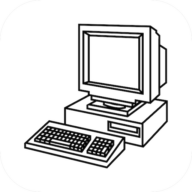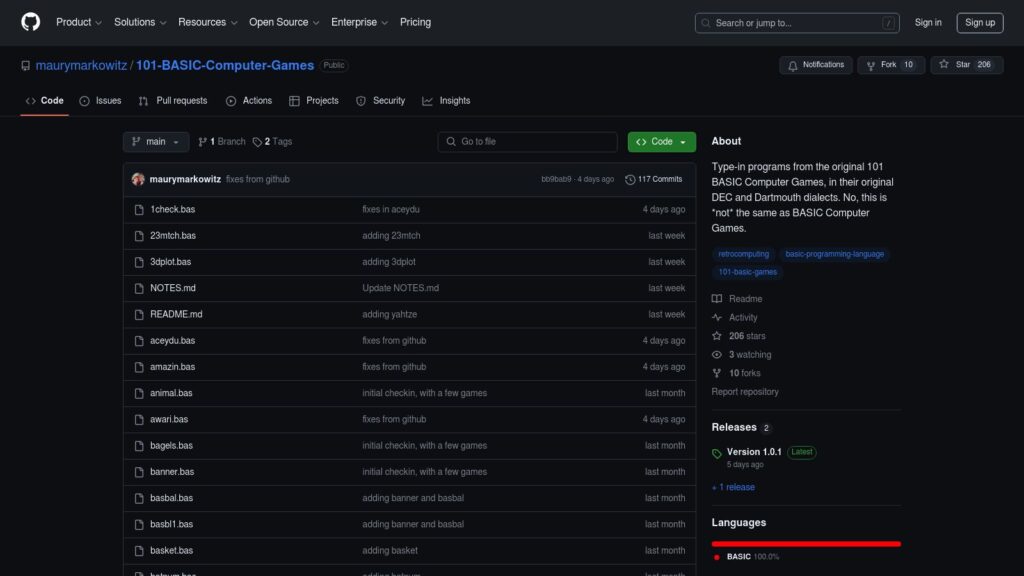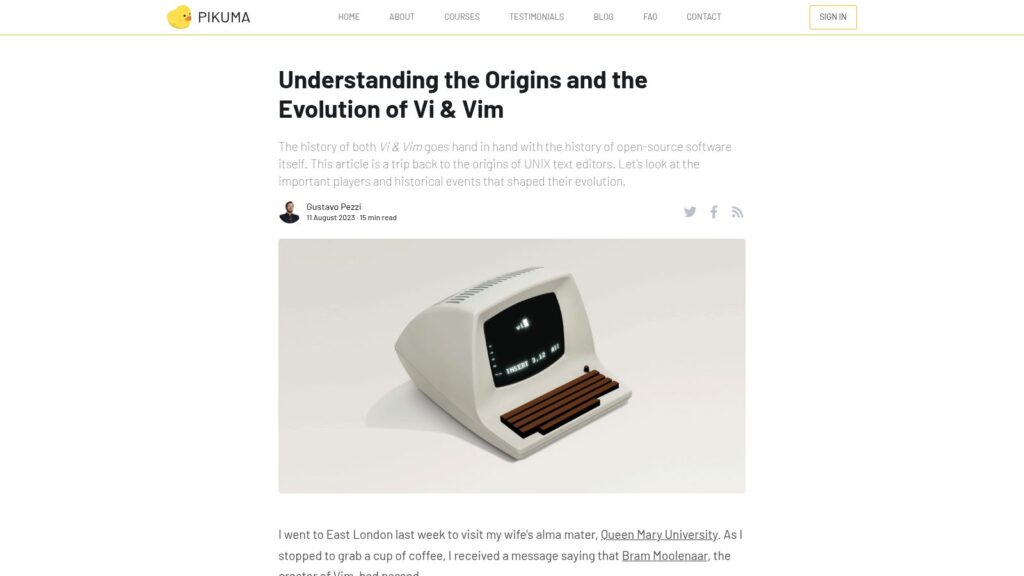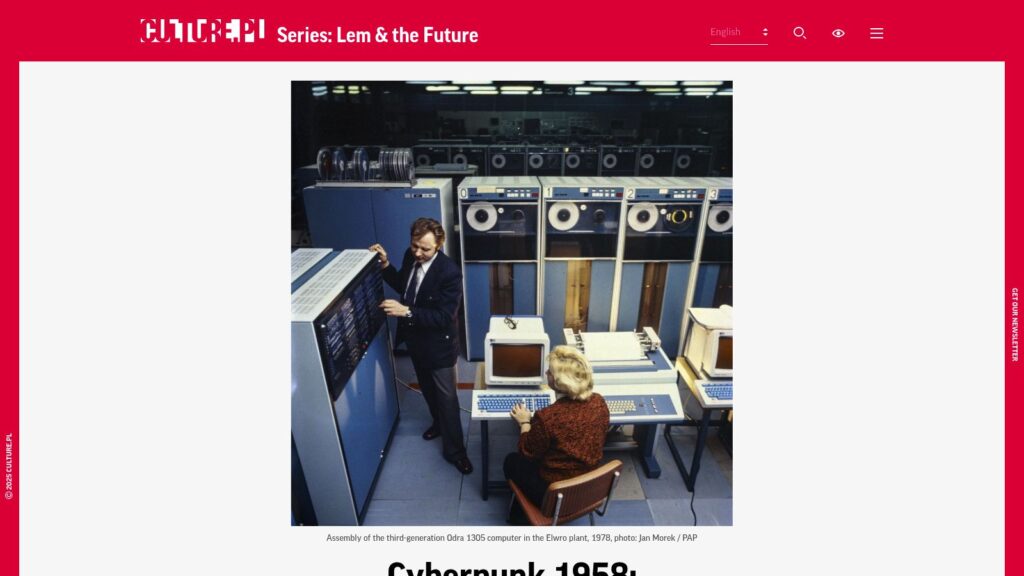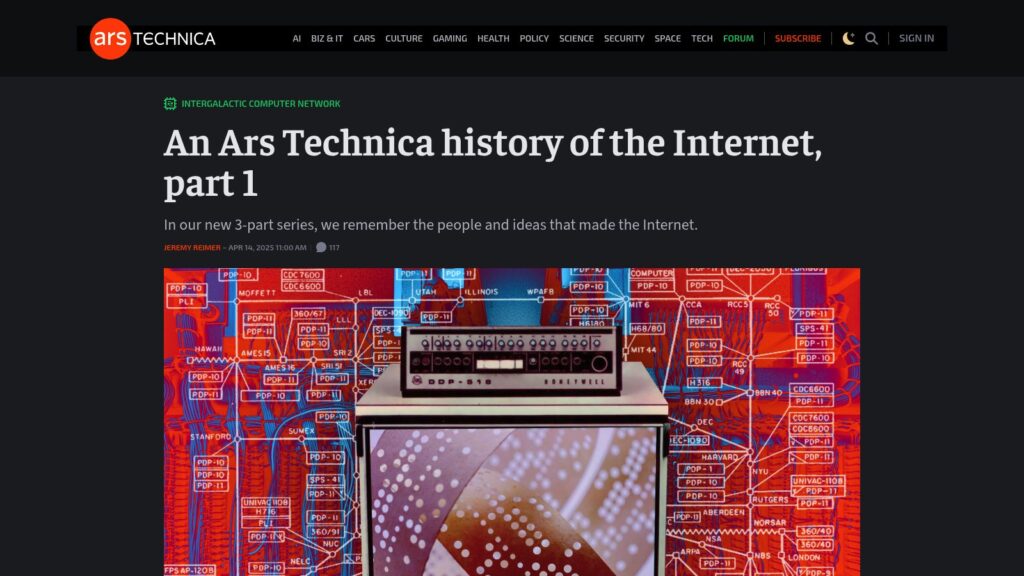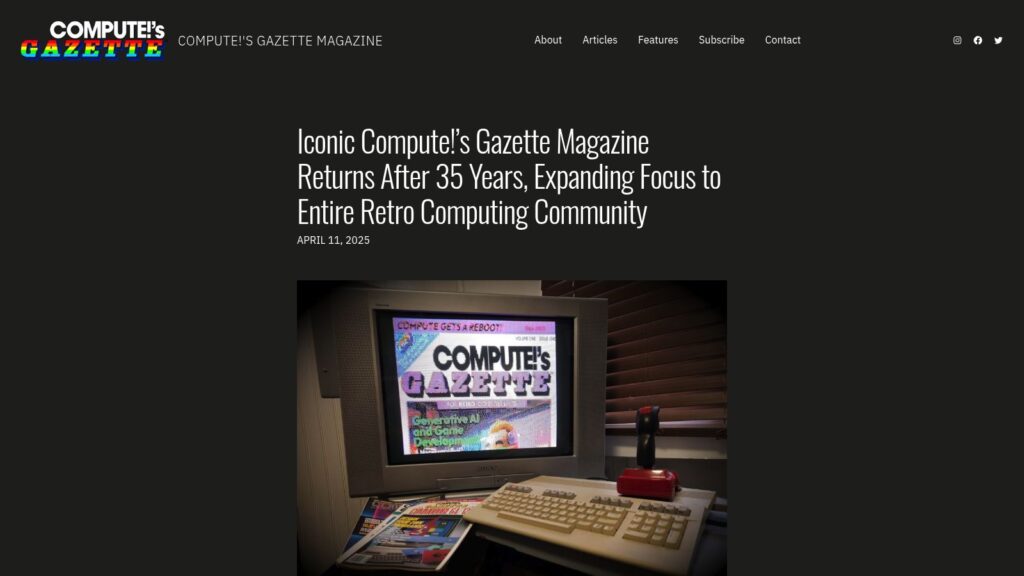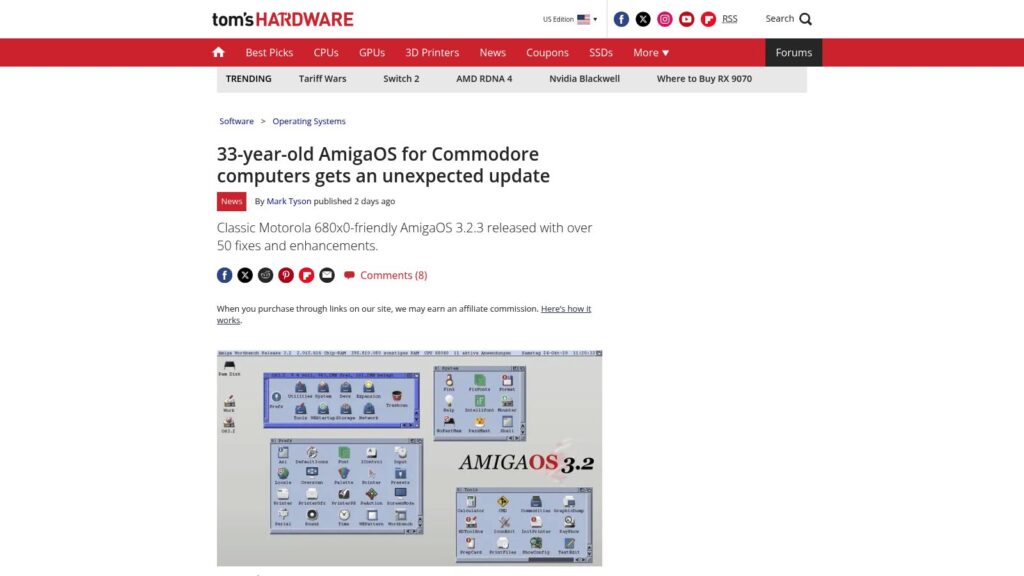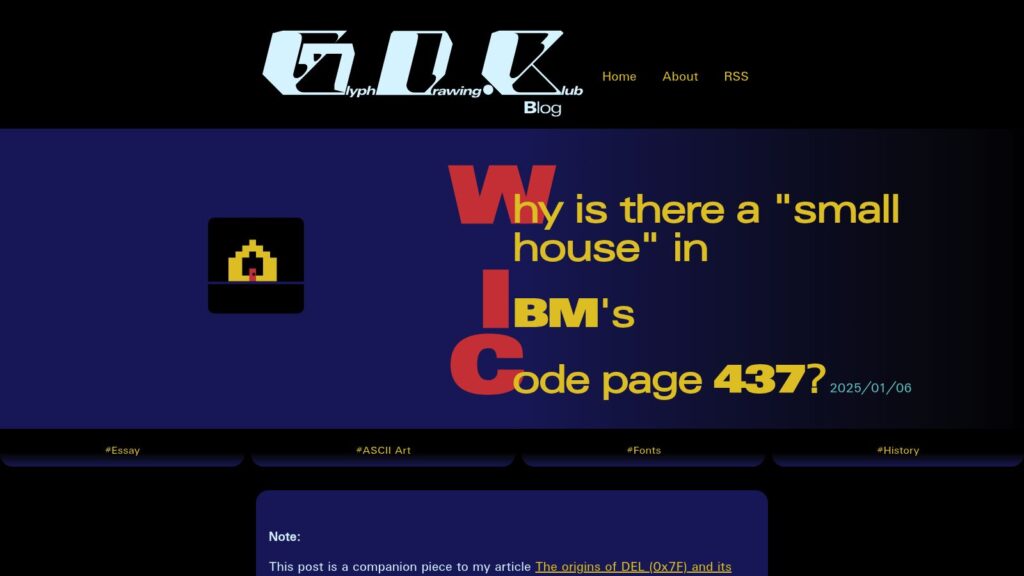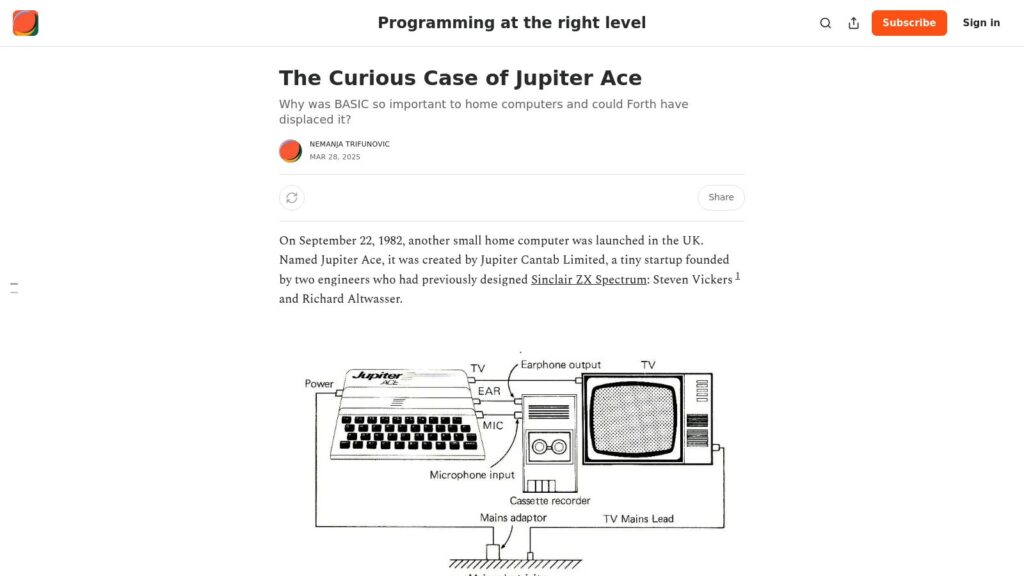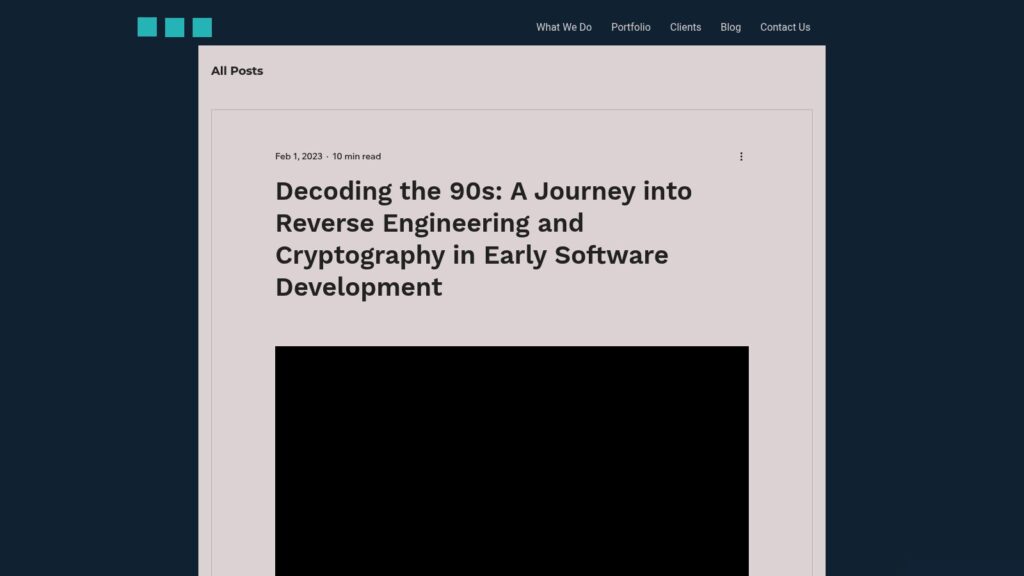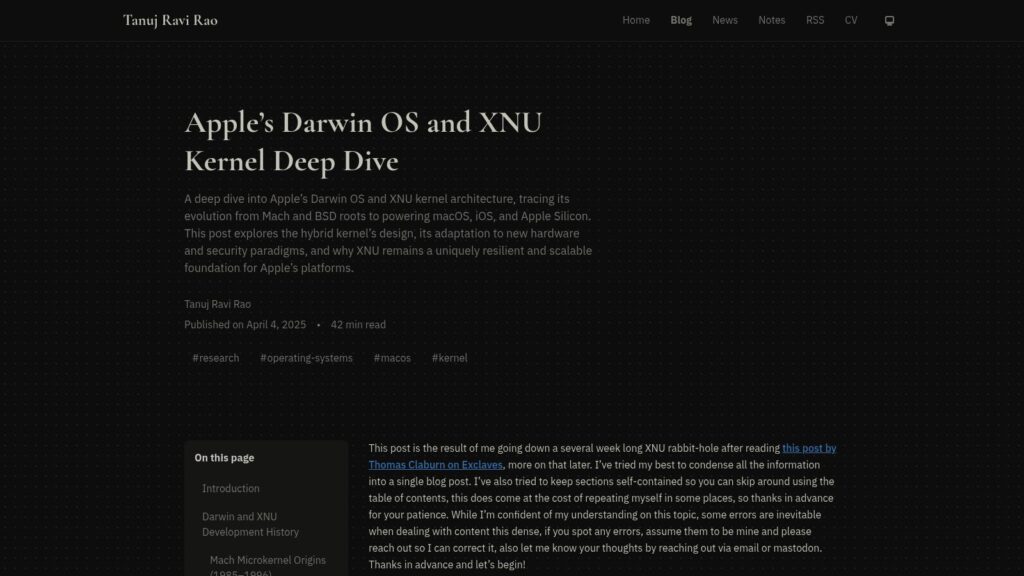IBM’s Code Page 437 features a “small house” glyph (⌂) at code position 0x7F, where a DELETE (DEL) character logically belongs. This article explores how IBM’s choice of a house over more standard symbols may reflect the character set’s whimsical origin during the PC’s development. In contrast to prior systems like EBCDIC, CP437’s extended characters are a mix of international symbols and playful displays meant for text-based games. The origins of the house glyph remain ambiguous, with several theories suggesting it could symbolize home computing, relate to backspace, derive from other character sets, or come from an unrelated iconographic source. Despite inconsistencies in early documentation labeling it as either “house” or “delta,” the glyph’s legacy and use in ASCII art has since transcended its intended meaning, allowing users to impart their interpretations.
https://blog.glyphdrawing.club/why-is-there-a-small-house-in-ibm-s-code-page-437/
